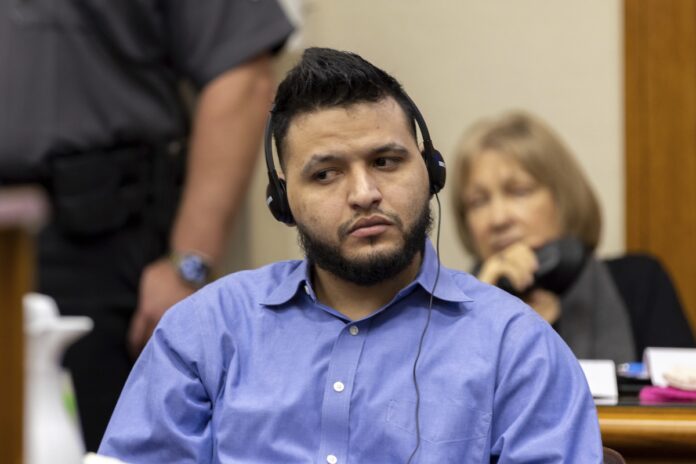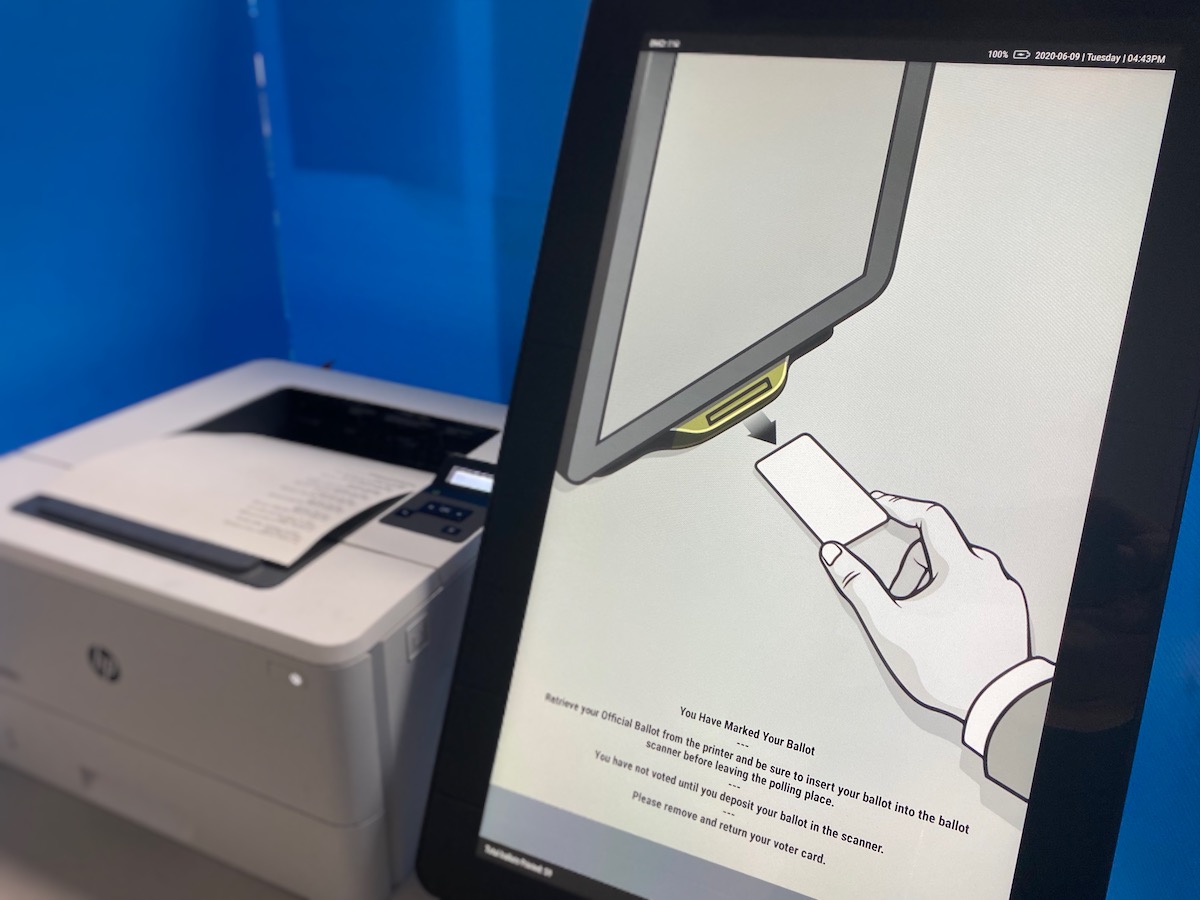Atlanta (AP) The Venezuelan man found guilty of the murder of Georgia nursing student Laken Riley has been ordered by a judge to undergo a mental examination.
Jose Ibarra was sentenced to life in prison without the chance of release in November after a judge found him guilty of murder and other offenses related to Riley’s February 2024 murder. As part of his request for a new trial, Ibarra’s attorneys requested the judge to order a mental exam.
According to a letter submitted to the court on Tuesday, the state Department of Behavioral Health and Developmental Disabilities received Judge H. Patrick Haggard’s order for a mental evaluation from Clarke County Superior Court.
During last year’s presidential campaign, Riley’s murder was brought up in the national conversation on immigration. Following his arrest, federal immigration authorities stated that Ibarra had entered the country unlawfully in 2022 and was let to remain while he worked on his immigration case.
The Laken Riley Act, which mandates the imprisonment of undocumented immigrants charged with violent and criminal offenses, was signed into law by President Donald Trump in January.
Prosecutors said that on February 22, Ibarra killed Riley during a struggle after bumping into her on the University of Georgia campus. Riley, 22, attended Augusta University College of Nursing, which is located roughly 70 miles (115 kilometers) east of Atlanta and also has a campus in Athens.
Ibarra’s post-conviction lawyers, James Luttrell and David Douds, stated in a court filing last month that they think Ibarra has a congenital condition that could prevent him from organizing a defense and standing trial. Ibarra’s lawyer claimed that he feels that Ibarra was mentally incapable of understanding the procedures at the time of the murder and the trial.
The case was heard and decided solely by Judge H. Patrick Haggard of the Athens-Clarke County Superior Court since 27-year-old Ibarra had forfeited his right to a jury trial.
A criminal defendant must voluntarily and knowingly consent to the forfeiture of their constitutional right to a jury trial. In their letter, Luttrell and Douds pointed out that Ibarra’s trial lawyer had not requested a competency assessment.
In a court document in response to the motion, prosecutor Sheila Ross stated that there were no issues or doubts regarding Ibarra’s competency before the trial and that there is no evidence in the trial record that the defendant was not competent during the trial. However, she stated in her letter that she had nothing against the request for a competency evaluation.
Last Monday, Haggard submitted an order requesting that Ibarra be evaluated by the Department of Behavioral Health and Developmental Disabilities with the assistance of a Spanish-language interpreter.
He requested conclusions on whether Ibarra could help his lawyer prepare his defense and if he could comprehend the pretrial procedures concerning the waiver of his right to a jury trial as well as the trial itself. In addition, he wants to know if Ibarra can help with his defense preparation and is aware of the post-conviction procedures.
On December 2, Ibarra’s lawyers submitted a motion for a fresh trial after he was found guilty on November 20. When a conviction becomes final—that is, when a petition for a new trial is denied or sentencing is imposed—a notice of appeal must be filed within 30 days, according to Georgia law. As a result, the deadline for filing an appeal is essentially extended when a move for a new trial is filed.












